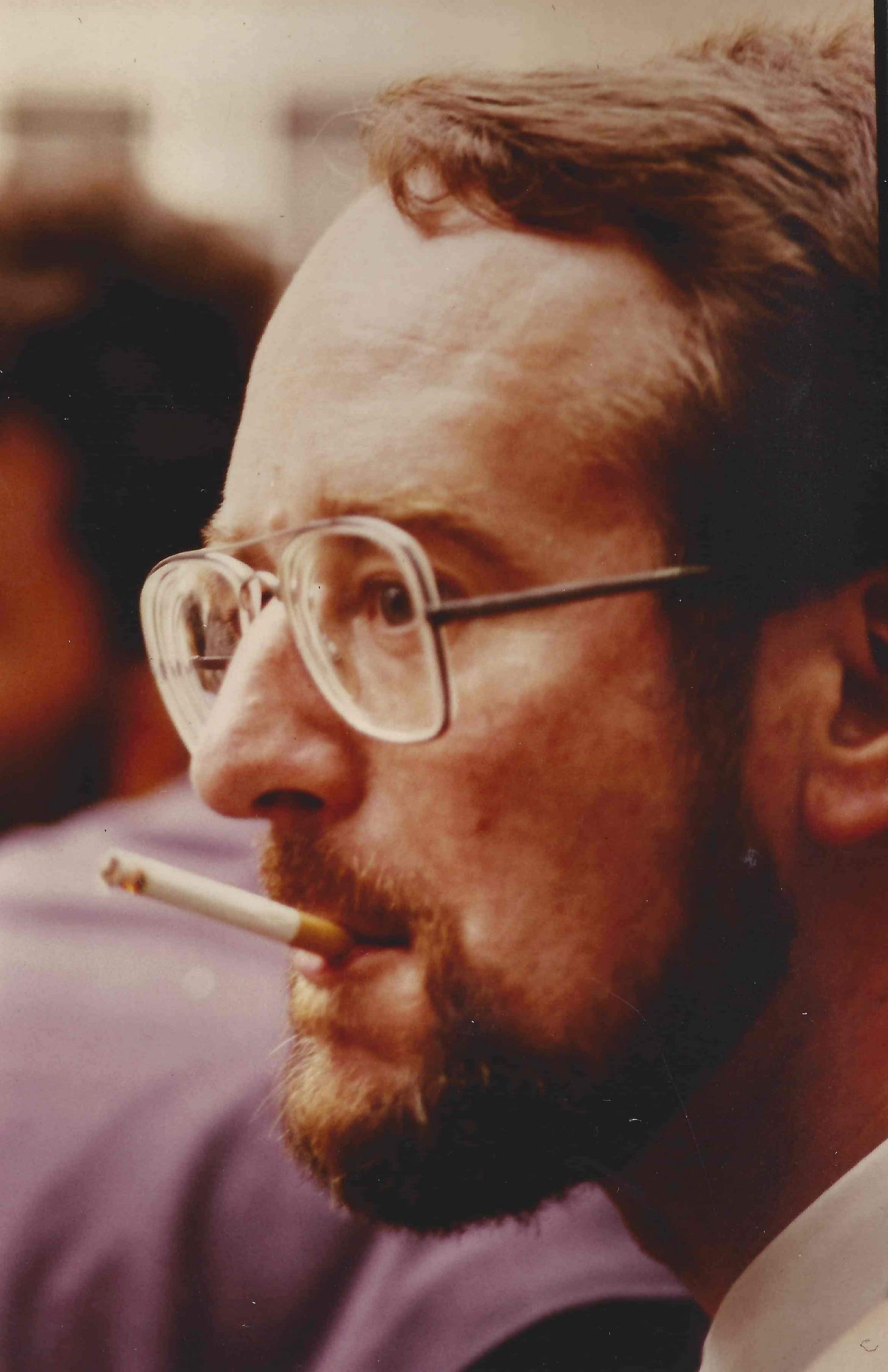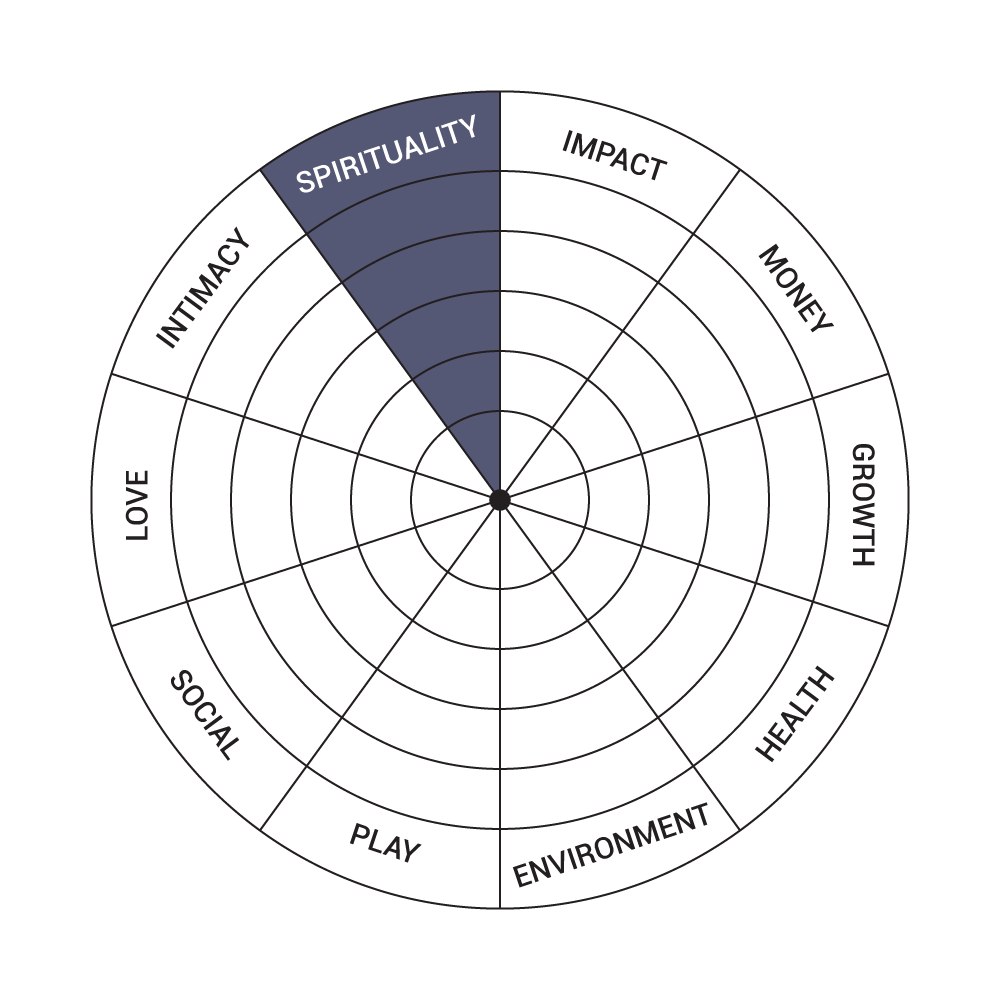Designing space for spirituality
Part three in my series on applying the Wheel of Life to living in communities
I am just arriving home from a two-day silent retreat. This one was based in a Christian monastery and reminded me of my dad’s life as a Jesuit priest during his twenties and thirties. When I asked him years later why he had decided to join them, he didn’t hesitate: “For the community.”

Monasteries and meditation retreats are a premanent and temporary version of the same thing: A community with the purpose to support spiritual practice, to get closer to god, enlightenment, or inner peace.
The way I experienced this at this two-day retreat just now, and also at a longer ten-day Vipassana retreat I did a few years ago, was through three ways
Removal of all worldly distractions: No talking, no alcohol, no meat, not too much skin to look at. But also no money, no news, no instagram, no movies.
A clear daily schedule: I forgot when we had to wake up every morning for Vipassana but it was early. Meditate, break, meditate, food, meditate, walk, meditate, food, a lecture, more meditation, sleep.
The support of a community: This is what my dad was craving and also what gave me the energy to keep going whenever I wanted to quit at Vipassana. Going on this journey together creates a strong support that makes it possible to keep up the practice.
What does that mean for designing my ideal commune? As you might have already guessed from the last post on health, I’m a big fan of removing distractions, and I also believe that making room for spirituality is important in one’s life. It used to be embedded in religious traditions in the form of for example evening prayers or sunday mass. I identify as spiritual but not religious and am missing this in my day-to-day life. I have always struggled to keep up with meditation and contemplation habits even though I always do see the benefit when I do them, similarly to all the other habits that are good for you.
At the same time, I also still have that voice of my father ringing in my head who was annoyed with the Jesuits for not having prepared him for a life in the real world. When he left he didn’t know how to use a bank account, cook food, or pay taxes. This happens when you take the above principles to the limit and remove all distractions in the way to the purpose of the community. I feel that would be a few steps too far for me, even if the purpose would not be spiritual.
So in my ideal commune I’d love to see some dedicated time for people to jointly engage in spiritual practice without making it the purpose of the community. Let’s say alternating days gym and meditation? Physical and mental health?



My one
https://wilderland.org.nz/